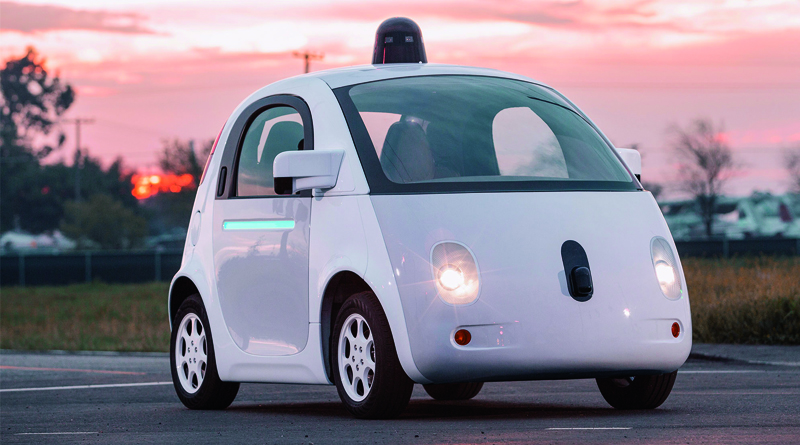Self-driving cars: a rage or revolution
Self-driving cars represent a major innovation for the automotive industry and the development of self-driving cars is accelerating. While there is uncertainty around these cars; however, they can have a significant impact on the transport system. Considering its huge potential in mind and also to protect their future market share, a lot of market participants including car companies, cab hailing companies, technology companies, etc are investing heavily in this area. Some of these companies are taking the partnership route to develop this technology and others are going out on their own.
Lyft, the ride sharing company, has partnered with Waymo, Alphabet’s self-driving car company to develop new autonomous vehicle technologies. Waymo has been a significant player in the self-driving car segment and is now testing its technology by offering self-driving rides to residents of the Phoenix metropolitan area.
Automotive parts and electronics maker Delphi, luxury car maker BMW, chipmaker Intel and Mobileye have partnered to develop the building blocks of autonomous vehicles. They plan to start producing automated vehicle systems by 2021, and BMW plans to have an autonomous vehicle on the road by then.
In the past few months, multiple partnerships have surfaced including auto software and parts maker Bosch joining Daimler to work on autonomous cars. Toyota has teamed with artificial intelligence company NVIDIA to work on a similar product.
While a lot of these partnerships are starting and some of the players such as Waymo have already had quite a bit of success in the self-driving cars area, it will be interesting to see what the future holds for these companies in terms of acceptance of these cars by consumers and willingness of governments to let these cars run freely on city roads.

